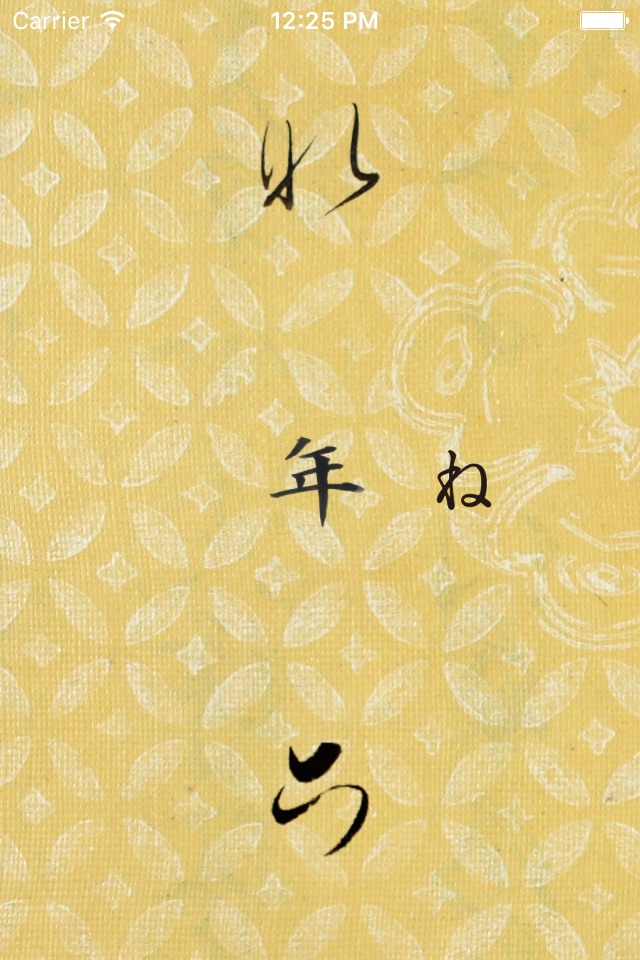
The Hentaigana App
A gorgeous, user-friendly introduction to Japanese “variant kana” calligraphy.
Today, each syllable in Japanese is represented by a single hiragana. But this wasnt always the case: for more than a millennium, individual syllables were written using a variety of hiragana, each based on the cursive form of a different kanji. In modern times, these traditional kana came to be known as hentaigana, or "variant kana.” The kanji from which hentaigana were derived are called jibo, "parent characters."
Teaching yourself to read hentaigana has always had a reputation for being tedious and difficult, because it involved a lot of poring over charts and dictionaries. But the truth is that with the right app to help you out, it isn’t difficult at all—far from being tedious, its addictive. All you have to do is learn to recognize which kanji each kana is based on, and how that kanji is read. This app will help you do that.
Basically, it’s a sort of Matrix-style riff on a stack of flashcards. The app presents you with a kana. If you nudge it a bit with your finger, it will flip over and turn into the kanji from which the kana was derived. You will also see the modern kana that tells you how to read the kanji. You can throw a kana out of the stack or toss it back in so it will keep appearing. Then, once you have learned it, you throw it out, too.
The app has a function that lets you track your progress and select particular sets of syllables to practice, and an interactive dictionary that shows all the hentaigana and jibo the app contains. You can choose how many kana to display, and how often to have the readings appear. We have even included a tab where you can read about the precious manuscripts, all housed in the special collections of Waseda University Library, from which the kana were taken. And soon we will be switching on a bonus feature that lets you practice reading a string of syllables forming words and phrases, rather than just individual kana.
Developed as a collaboration between UCLA and Waseda University as a project of the Tadashi Yanai Initiative for Globalizing Japanese Humanities, this pioneering app—the first of its kind!—is expected to be the first in a series of similar apps, so keep an eye out for future releases!
In the meantime, have fun with this one!



